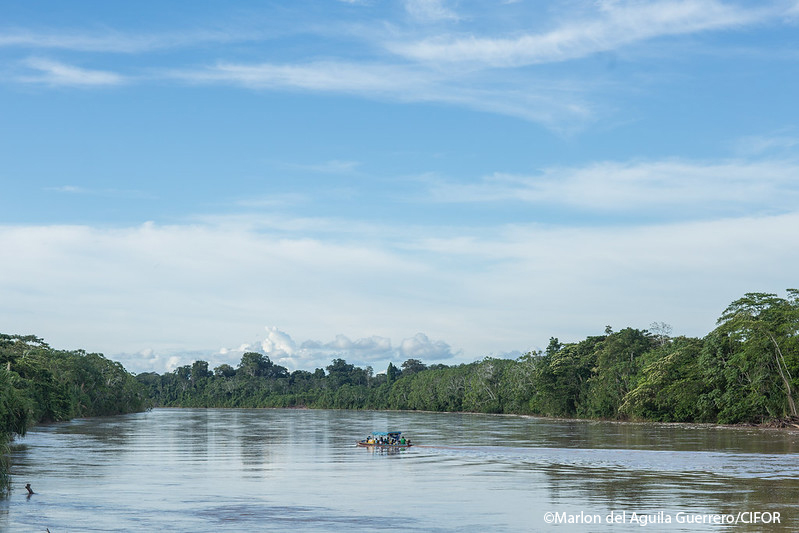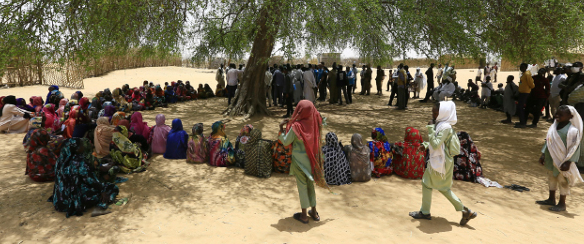Glance at the news on any given day and it's clear that the world has a long way to go to achieve the 16th Sustainable Development Goal: "Peace, justice, [and] strong institutions." Conflicts in Ukraine and the Middle East dominate headlines. A December Wall Street Journal article declares that "Africa Has Entered a New Era of War." The world must do more to stop conflict and help those affected by it, but what approaches are effective?
Setting large-scale geopolitical factors aside, we know how to mitigate some harms on conflict-affected populations, and a little – but not nearly enough – about how to prevent conflict at the local level.
Of the tools available in the peacebuilder's toolkit, the most solid set of evidence about how to help conflict-affected populations shows that psycho-social support has positive effects on mental health and other outcomes.
These psycho-social support interventions can include cognitive behavioral therapy (CBT), narrative exposure therapy, or other psychotherapy modalities or psychosocial support programs. Participants typically attend therapy sessions over a period of one to three months, with each session lasting between one and four hours.
These interventions reduce individuals' functional impairment and conduct problems, according to a high-quality systematic review that draws together the evidence from 26 randomized control trials studying these interventions in populations affected by humanitarian crises, mostly related to conflicts. The therapy also reduced post-traumatic stress disorder and increased the degree to which people felt hopeful.
Zooming in on one influential study, research in Liberia showed that cognitive behavioral therapy for high-risk men reduced their likelihood of participating in criminal activity. As shown in the graph below, the most effective intervention combined therapy with a $200 one-time cash transfer. Cash on its own didn't help and may have even worsened the outcomes.

[Data drawn from Blattman et al. (2017) “Reducing Crime and Violence: Experimental Evidence from Cognitive Behavioural Therapy in Liberia.”]
Zooming back out, there's still a lot we need to learn. One striking issue with existing evidence is that most of the studies that evaluate peace-related interventions are not conducted in the world's most fragile countries, according to 3ie's review of evidence on the SDGs. To effectively promote peace where it's needed, the peacebuilding community needs more evidence of what works in extremely fragile contexts, which may not be the same as what works in more stable environments.
To address this gap, in the last couple of years the research community has started to develop some evidence reducing conflict at the local level in extremely fragile settings. One example of this new research is our impact evaluation of an intervention in Darfur, Sudan, supported by the United Nations Secretary-General's Peacebuilding Fund, which we'll say more about in an upcoming blog.
We delve deep into insights on several other goals as part of our SDG blog series. You can read them below:














